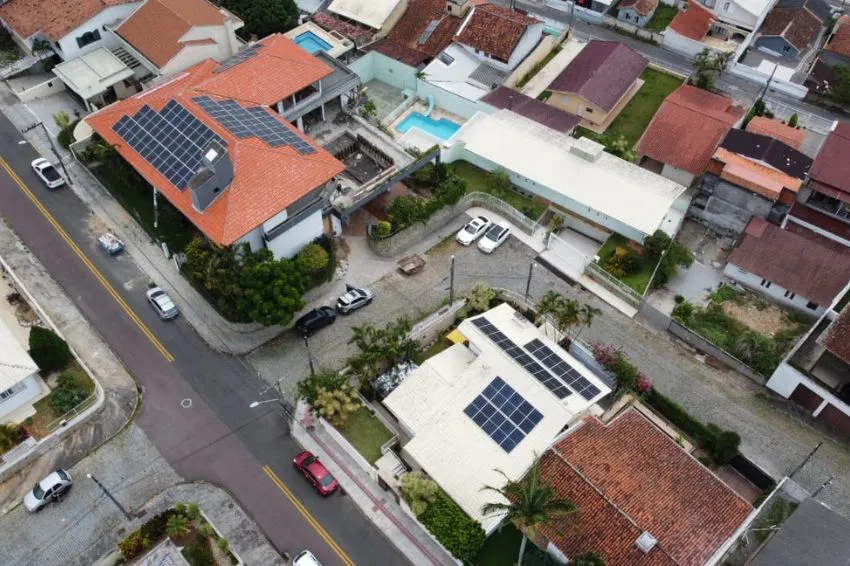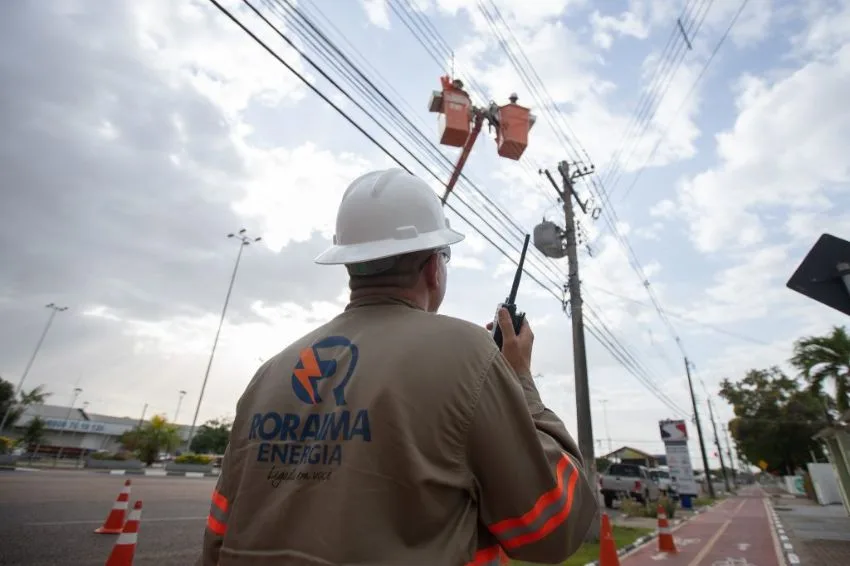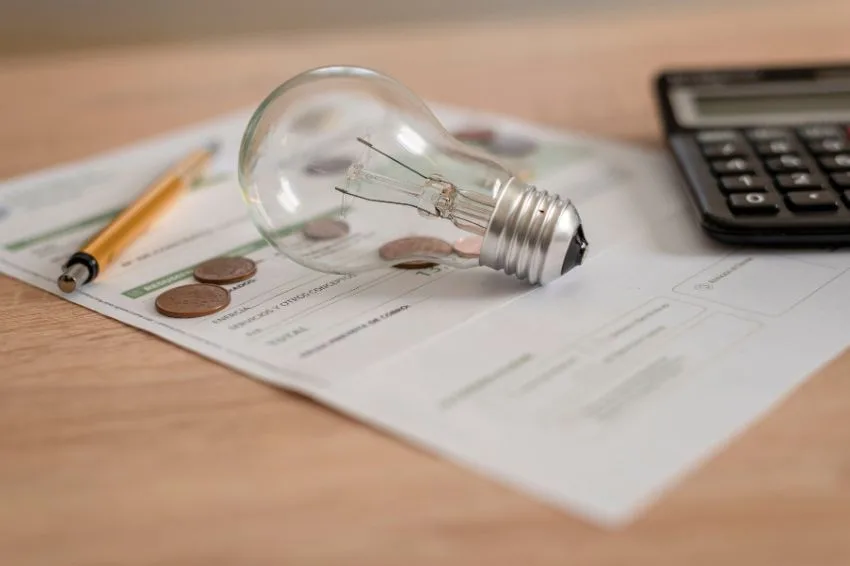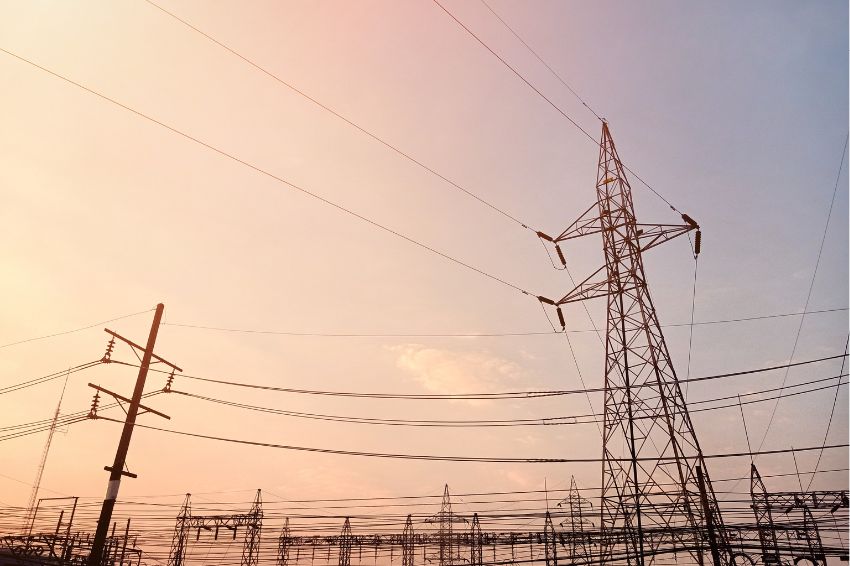Survey carried out by Embraceel (Brazilian Association of Energy Traders) detected that the reduction of the tax burden on electricity in 2022 he brought one-off relief for consumers last year.
But, in accumulated over the last eight years, between 2015 and 2022, the Residential electricity rates increased by 70%, a higher level than the evolution of the IPCA, the official inflation index, which was 58% in the period.
In 2022, the residential tariff decreased by 20%, on average, compared to an IPCA variation of 4.7% in the period, considering values up to October last year. With this reduction, electricity contributed to slowing inflation, generating a negative impact on the 2022 IPCA of 0.98 pp
Free market
As for consumers who can choose their supplier on the free energy market, which correspond to just 0.03% of the country's total consumers, the survey showed that prices, which are freely negotiated, increased by only 9%.
According to Abraceel, in the free market, the long-term average cost of electricity traded in 2022 suffered an equivalent reduction, also by 20%.
Factors that caused the price decrease
The decrease in the cost of electricity in 2022 was mainly caused by two factors. One of them was the reduction in the tax burden on electricity, which impacted regulated tariffs and prices charged in the free energy market.
Another factor was the improvement in the hydrological scenario, with a consequent reduction in thermoelectric generation, which is more expensive, providing both the maintenance of the green tariff flag, which avoided an increase in consumer tariffs in the regulated market, and the drop in prices in the free energy market.
Considering these two reducers, between 2015 and 2022, the study indicated that there was an increase of 70% in the residential tariff, against an increase of 58% in the IPCA and 9% in the free energy market.
For Abraceel, the scenarios show that, although very positive, the reduction in energy tariffs for residential consumers in the regulated market in 2022 was the result of specific factors and that the best path is to institute a structural change in the commercial model of the electricity sector.
“When we remove the two reducers, which were cyclical, the residential tariff continues to show a price trajectory much higher than inflation”, explained Rodrigo Ferreira, executive president of Abraceel.
“Meanwhile, in the free market, which is a structural response to the problem we see, the price of electricity continues to vary below inflation, as competition for the consumer is a constantly running engine to win customers and the market”, he reported. .
Therefore, according to Ferreira, it is necessary to take advantage of the studies, debates and consensus obtained so far and move forward in completing the structural reform of the electricity sector, which highlights the total opening of the market for all electricity consumers.
Resumption of ICMS collection on electricity bills
The minister of the STF (Supreme Federal Court), Luiz Fux, granted on February 9 an injunction that suspends the differentiated calculation in the collection of ICMS (Tax on Circulation of Goods and Services) on the electricity sector.
According to experts, the value of Brazilians' electricity bills is expected to increase by approximately 10% depending on the state. The injunction granted by the minister is the result of a decision taken last year, when the National Congress discussed the fact that electrical energy was considered an essential product and, therefore, not subject to high ICMS charges. know more.
















